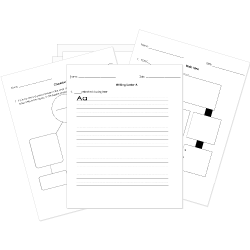Eleventh Grade (Grade 11) Poetry Questions
You can create printable tests and worksheets from these Grade 11 Poetry questions! Select one or more questions using the checkboxes above each question. Then click the add selected questions to a test button before moving to another page.






